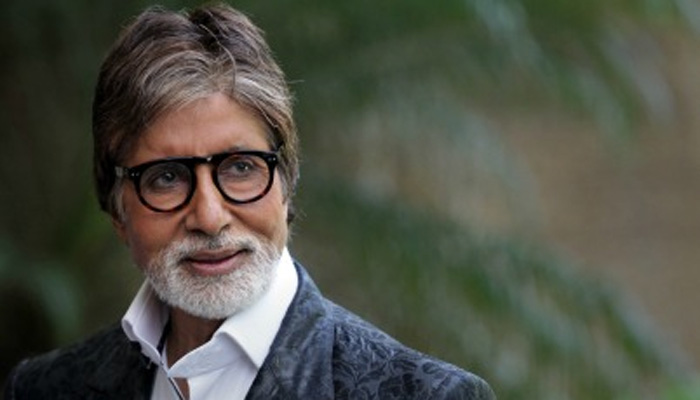His article was – from Pakistan’s point of view – a huge betrayal and he was accused of being an enemy agent. It still denies its forces were behind such atrocities as those described by Mascarenhas, and blames Indian propaganda.
However, he still maintained excellent contacts there, and in 1979 became the first journalist to reveal that Pakistan had developed nuclear weapons.
In Bangladesh, of course, he is remembered more fondly, and his article is still displayed in the country’s Liberation War Museum.

“This was one of the most significant articles written on the war. It came out when our country was cut off, and helped inform the world of what was going on here,” says Mofidul Huq, a trustee of the museum.
His family, meanwhile, settled into life in a new and colder country.
“People were so serious in London and nobody ever talked to us,” Yvonne Mascarenhas remembers. “We were used to happy, smiley faces, it was all a bit of a change for us after Karachi. But we never regretted it.”
Featured image courtesy: bbci.co.uk
























